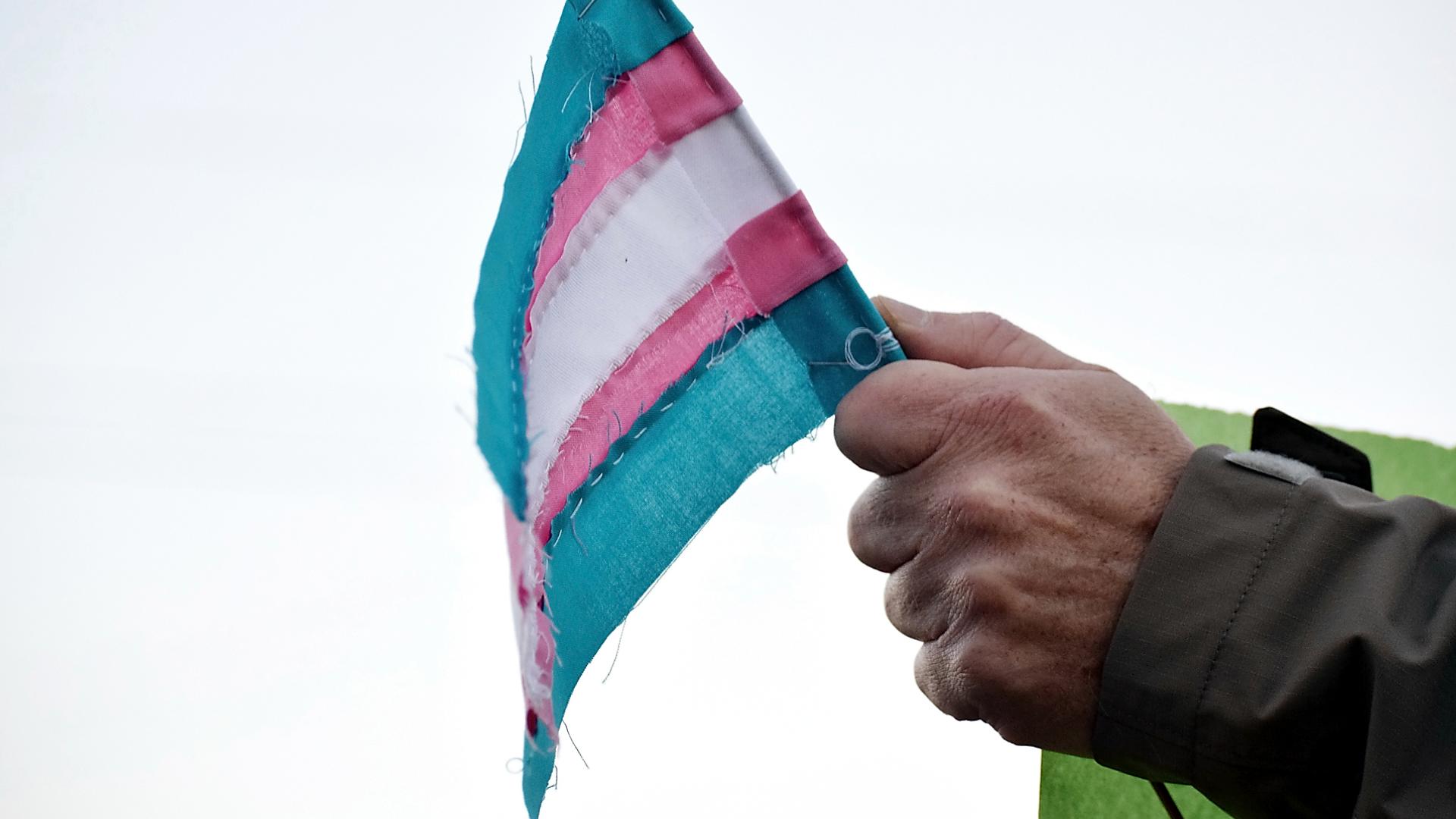AUSTIN, Texas — On Wednesday, the U.S. Supreme Court heard arguments for and against a ban on gender-affirming care for children.
The law at the center of that case is from Tennessee. However, 25 other states, including Texas, have similar restrictions.
Experts are calling this a landmark case, as it’s the first time the nation’s highest court has considered a state law targeting transgender people. ACLU lawyer Chase Strangio also became the first transgender attorney to argue before the U.S. Supreme Court.
Their ruling could determine access to health care for hundreds of thousands of teens and children, which could include kids in Texas.
On Wednesday, Supreme Court justices heard oral arguments in a case brought by the Biden administration and three families with transgender teenagers. That includes a 16-year-old who goes by L.W.
The teen spoke to ABC News.
"It's not very comfortable being trapped in, you know, 'cause it doesn't really feel like you,” said L.W.
After months of therapy and doctors visits, L.W. and her parents decided to start puberty blockers and, later, hormone therapy. However, in 2023, state lawmakers in Tennessee banned those treatments.
"In Tennessee, we think this is a risky procedure,” said Tennessee Senate Majority Leader Jack Johnson.
Those challenging Tennessee’s law argue it’s a form of sex discrimination.
"This case is about access to medications that have been safely prescribed for decades to treat many conditions including gender dysphoria,” said Elizabeth Prelogar, U.S. solicitor general, during the hearing.
Major American medical associations have endorsed the treatments for more than a decade.
The law’s defenders insist they’re trying to protect children.
“Just as using morphine to manage pain differs from using it to assist suicide, using hormones and puberty blockers to address a physical condition is far different from using it to address psychological distress associated with one’s body,” said Matthew Rice, Tennessee solicitor general, during the hearing.
During the hearing, the conservative majority court appeared to lean toward upholding Tennessee’s law.
Texas Values, a nonprofit with a stated mission “to preserve and advance a culture of family values in the state of Texas,” filed a brief supporting that law.
“It could impact the state of Texas,” said Jonathan Saenz, president of Texas Values, of the Supreme Court’s decision.
Saenz was in Washington, D.C., for Wednesday’s hearing.
He spoke with KVUE about what could happen if justices strike down the Tennessee law.
“Now in Texas, this issue’s already been taken up in our state laws, but you could see people refile these issues in federal court and possibly in state court and ask our judges in Texas to take another look at it,” said Saenz.
The Texas Legislature passed similar restrictions under Senate Bill 14 in 2023. That law has also faced opposition in court.
“We’ve seen firsthand in Texas how damaging it is when something like that happens,” said Brad Pritchett, interim CEO of Equality Texas, a statewide advocacy group for LGBTQ+ rights. “A lot of families had to pack up and leave the state in order to get their families lifesaving health care.”
Pritchett said families that have worked with Equality Texas were at Wednesday’s hearing.
He said the impact of the Supreme Court’s ruling on Texas will depend on how narrow or broad it is.
That decision is expected in June.

